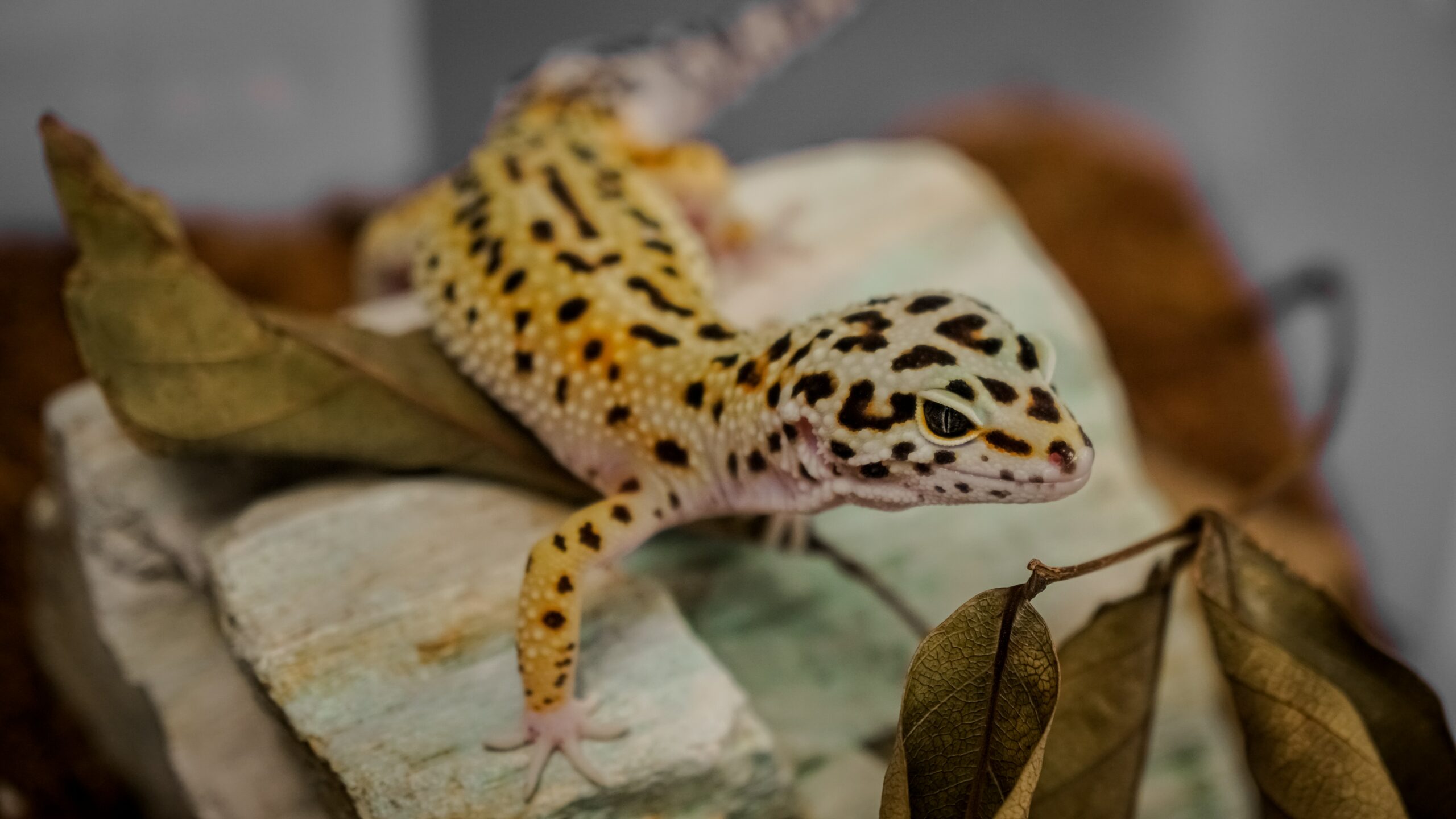
In the realm of distinctive and peculiar pet choices, geckos have gained significant popularity, making them a fascinating genre of study. The article, “Popular Gecko Pets: Trends And Statistics In Gecko Ownership”, provides a deep analysis of the current popularity trends and statistical data associated with Gecko ownership. Drawing insights from various resources, it elaborates on the particular species of geckos that have become increasingly popular as pets, and the demographic information of gecko owners worldwide. It offers an intriguing correlation between gecko ownership and pertinent social factors for pet enthusiasts and trend analysts.
Understanding Gecko Habitat and Breeding
In your pursuit of understanding geckos, you’ll find it beneficial to first explore their native habitats. These tiny creatures are most commonly found in the warm tropical and subtropical regions across the world, primarily in Asia and Africa. Each species has a somewhat unique habitat varying from desert regions to dense rainforests, thus their adaptability to different environments can be seen. However, their preference is typically for warmer and humid environments, which directly influence their behavioral and biological attributes including diet, breeding, and survival techniques.
Gecko Native Habitats
In the wild, each gecko species holds a unique biodiversity value and plays a significant role in the ecosystem. The natural gecko habitat varies significantly due to their diverse range, from the tropical rainforests of Central and South America, humid regions of Madagascar, to the arid desert areas of Middle East and Africa. What’s common among these environments is the presence of a warm climate and enough hiding spots, which could be beneath the rocks, barks or inside tree hollows, providing them with protection from predators.
Breeding Habits of Geckos
Geckos’ breeding habits are relatively straightforward and share similar patterns across the species. They breed readily in response to favorable environmental conditions, with an increase in temperature and humidity levels stimulating mating behavior. Female geckos lay eggs, and the gender of the offspring is significantly influenced by the temperature of incubation.
Adapting Habitats in Captivity
When it comes to providing a captive habitat for a gecko, the primary aim is to mirror their natural environment as closely as possible. It includes not only maintaining temperature and humidity at ideal levels but also offering appropriate lighting, substrate, and hide-spots. Achieving these conditions depends on the species of gecko, as each has different environmental needs.

Types of Geckos Popular as Pets
There are over 1,500 species of geckos, but only a select few are popular as pets. Let’s take a closer look at some of the most commonly kept gecko species: Leopard Geckos, Crested Geckos, African Fat-Tailed Geckos, Gargoyle Geckos, and Madagascar Ground Geckos.
Leopard Geckos
Leopard Geckos are small, spotted reptiles native to the deserts of Afghanistan and Pakistan. They are popular pets due to their friendly temperament, ease of care, and beautiful spotted skin. With proper care, these geckos can live up to 20 years in captivity, making them a long-term commitment for any pet owner.
Crested Geckos
Named after the crest that runs over their eyes and down their back, Crested Geckos are native to New Caledonia, a group of islands in the South Pacific. They are known for their ease of care, docile nature, and colorful patterns and can live up to 15 to 20 years in captivity.
African Fat-Tailed Geckos
Similar in size and care requirements to Leopard Geckos, African Fat-Tailed Geckos are becoming increasingly popular as pets. Native to West Africa, these quiet, nocturnal geckos are known for their thick, fat tail and come in a variety of morphs or color variations.
Gargoyle Geckos
Gargoyle Geckos, named for the bony, gargoyle-like protrusions on their heads, are native to New Caledonia, like the Crested Gecko. They are an excellent pet for those new to reptile keeping due to their calm temperament, and ease of care, and unique, prehistoric appearance.
Madagascar Ground Geckos
Last but not least, Madagascar Ground Geckos are a fascinating choice for reptile hobbyists. Famed for their striking patterns and large size, these geckos require a slightly more complex setup, with higher heat and more varied diet than their Crested and Gargoyle relatives.

Trends in Gecko Ownership
Gecko ownership is on the rise, fuelled by their unique charm, low maintenance needs, and suitability for small living spaces. Current trends suggest a growing interest in exotic pets, including geckos, in many parts of the world.
Current Trends in Owning Geckos
The pet industry has seen a surge in the popularity of geckos, primarily due to their unique traits and low-maintenance lifestyle. Additionally, increasing urbanization and smaller living spaces have pushed people towards pet choices that require less room, and geckos fit the bill perfectly. Their quiet nature, small size, and the need for less interaction make them an ideal choice for people with hectic schedules, compact living spaces, or those seeking a unique companion different from traditional pets like dogs and cats.
Projected Trends of Gecko Pet Ownership
The trend of gecko pet ownership is projected to grow, following the rising attraction toward non-traditional and exotic pets. Furthermore, with constant improvements in captive breeding techniques and more gecko species becoming increasingly available, the shift towards these unique creatures as pets is expected to continue.
Factors Contributing to the Rise of Gecko Ownership
Several factors contribute to the growing popularity of geckos as pets. Beyond their charming appearance and variety, their ease of care makes them appealing to first-time pet owners. In terms of costs as well, setting up a gecko habitat and their dietary needs tend to be more affordable compared to larger pets. Lastly, a significant factor contributing to the rise in gecko ownership is the growing recognition of the therapeutic benefits of petting geckos, which have been known to stimulate relaxation and emotional wellbeing.

